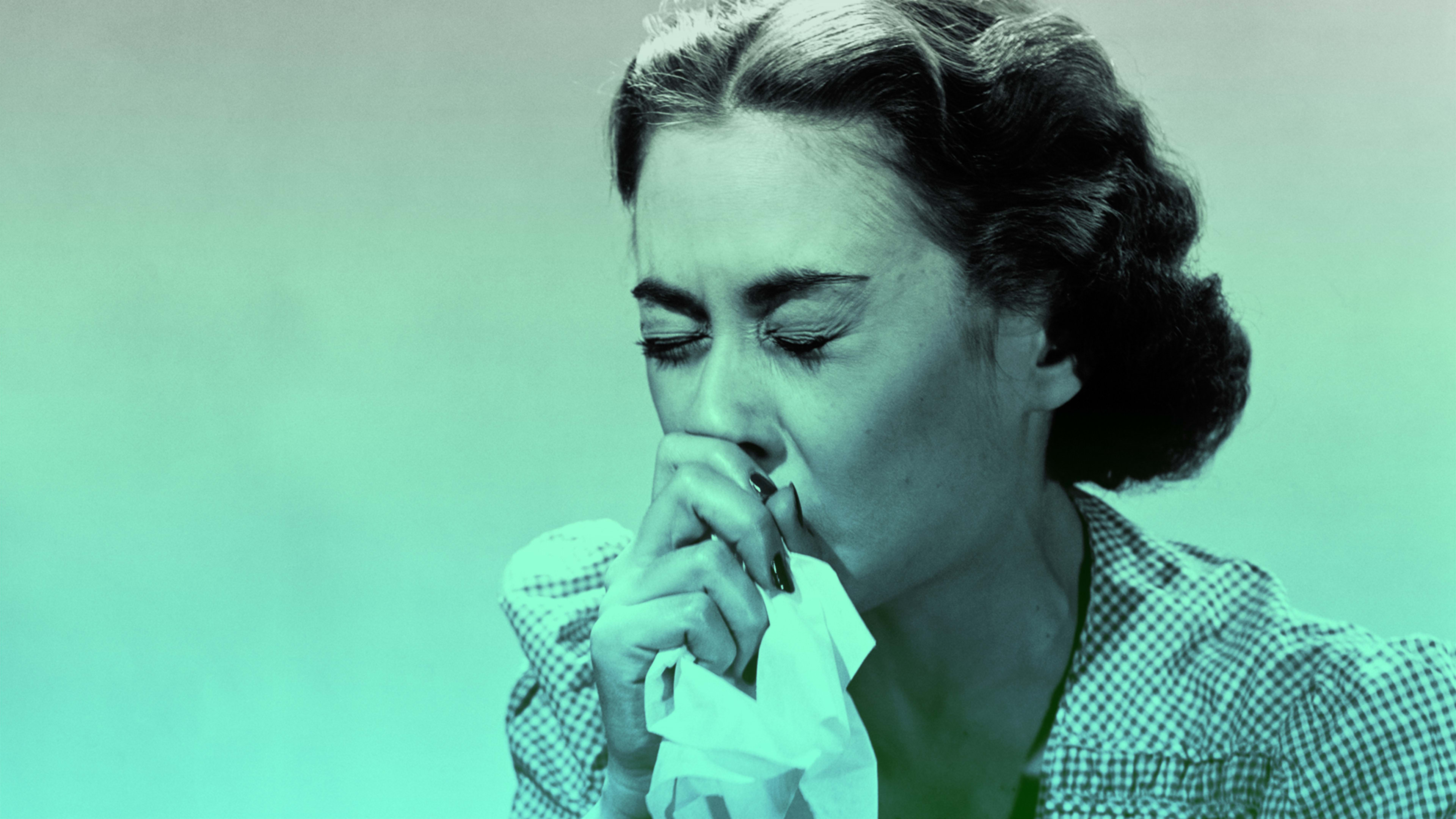The odds of you getting sick this year fall somewhere between 5% and 20%, according to the Centers for Disease Control and Prevention.
With the dreaded cold and flu season approaching, many Americans with fevers, coughs, and runny noses will be forced to make a decision: Go to work sick, as miserable as that may be? Or stay home to get better, but make your life miserable when you return with all the catching up you’ll have to do?
Well, according to our recent poll of more than 23,800 workers across North America and Europe, the vast majority of people (75%) would choose the former. In the survey, conducted globally, we found 20% of respondents said they always go to work when they’re ill, and 55% of respondents said they’d only take a sick day if their symptoms are severe. Just one-quarter of the respondents said they’d stay home and either work from home (10%) or take the day off (15%).
If you think you’re starting to show symptoms of “Go-to-workitis,” a disease marked by the compulsion to head in when you’re head’s completely stuffed up, you can watch the video below to help you determine whether you should just tell your boss you’re taking the day off or suck it up and get to work.
Why Do They Do It?
There are a number of reasons people head to work armed with a bag of cough drops and a box of tissues. High job demands and job insecurity were cited as some of the top reasons people show up to work when they are ill, according to a 2014 survey by the National Sanitation Foundation (NSF).
Four in ten American workers say they come to work sick because they have deadlines or would have too much work to make up when they return to the workplace after a sick day, according to the NSF survey. One-quarter claim they go to work sick because their boss expects them to show up no matter what. If that’s the case, then you might want to find a job that offers paid sick leave.
And if you do take a sick day, that doesn’t mean your boss or coworkers are going to take it as a sign of weakness, Monster Careers Expert Vicki Salemi says.
“You seriously need your bed and nothing but your bed when you’re sick,” she says. “I’ve seen colleagues go into work to prove something to themselves (and perhaps to show their boss how sick they really were) only for the boss to say, ‘Go home, get better.’ Although there are some bosses and coworkers who may think nothing of working through an illness, the reality is you have the right as an employee to set your own boundaries and know what you’re capable of.”
Money can be an issue, too. For some, not showing up for work can mean not getting paid. About one-third of those surveyed by NSF said they can’t afford to be sick and miss work, which you can chalk up to the fact that the same number of workers, according to the Bureau of Labor Statistics, don’t get paid for sick days.
What Should You Do If You’re Sick?
The last place you want to be when you’re sick is at your desk. But the call is totally up to you.
“People’s systems are all different, whether you’re coming down with a cold, in a full-on cold or recuperating from the flu—this is all subjective,” Salemi says. “That said, when you wake up and literally can’t get out of bed, head is stuffy, can’t focus your eyes, that’s a sign to absolutely stay at home.”
But you definitely shouldn’t let it get to that point.
“Sometimes you don’t want to wait for a full-on cold or flu to emerge and you’ll know the signs,” Salemi says. “It’s best to stay home then, and if you have to take an additional sick day beyond that, so be it.”
Part of taking care of yourself means surrendering to the fact that you’re too sick to get to the office and get work done like you usually would. So when you tell your boss, keep it simple. Nobody wants to hear about the grimy conditions you’re in.
“Your boss’s reaction should be one of understanding and compassion,” Salemi says, “especially when taking one day can save you an entire week ahead of being on the sidelines.”
If you absolutely must go into work when you’re sick, the National Sanitation Foundation has some advice for you.
“If you are sick, try to stay home and rest at the onset of your symptoms when you are most contagious,” Rob Donofrio, microbiologist at NSF International, said in a press release. “However, if you must go into work, be conscientious of those around you. Fully cover your mouth when coughing or sneezing, wash your hands often, disinfect areas you come into contact with—especially in common areas—and try to keep your distance from coworkers.”
However, if you’re just plain sick of your job, you can look for a better one.
A version of this article originally appeared on Monster and is reprinted with permission.
Recognize your brand’s excellence by applying to this year’s Brands That Matter Awards before the early-rate deadline, May 3.
